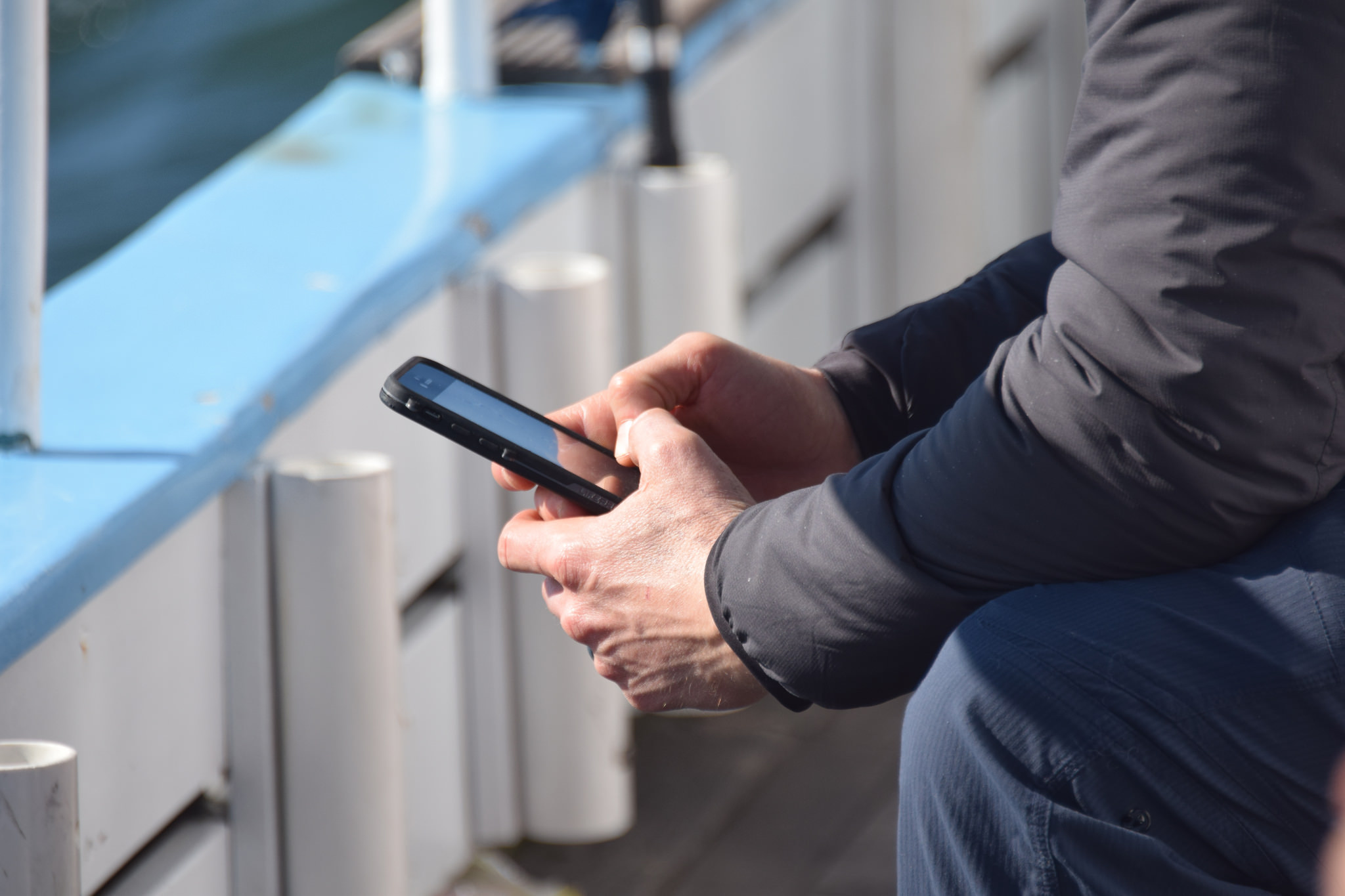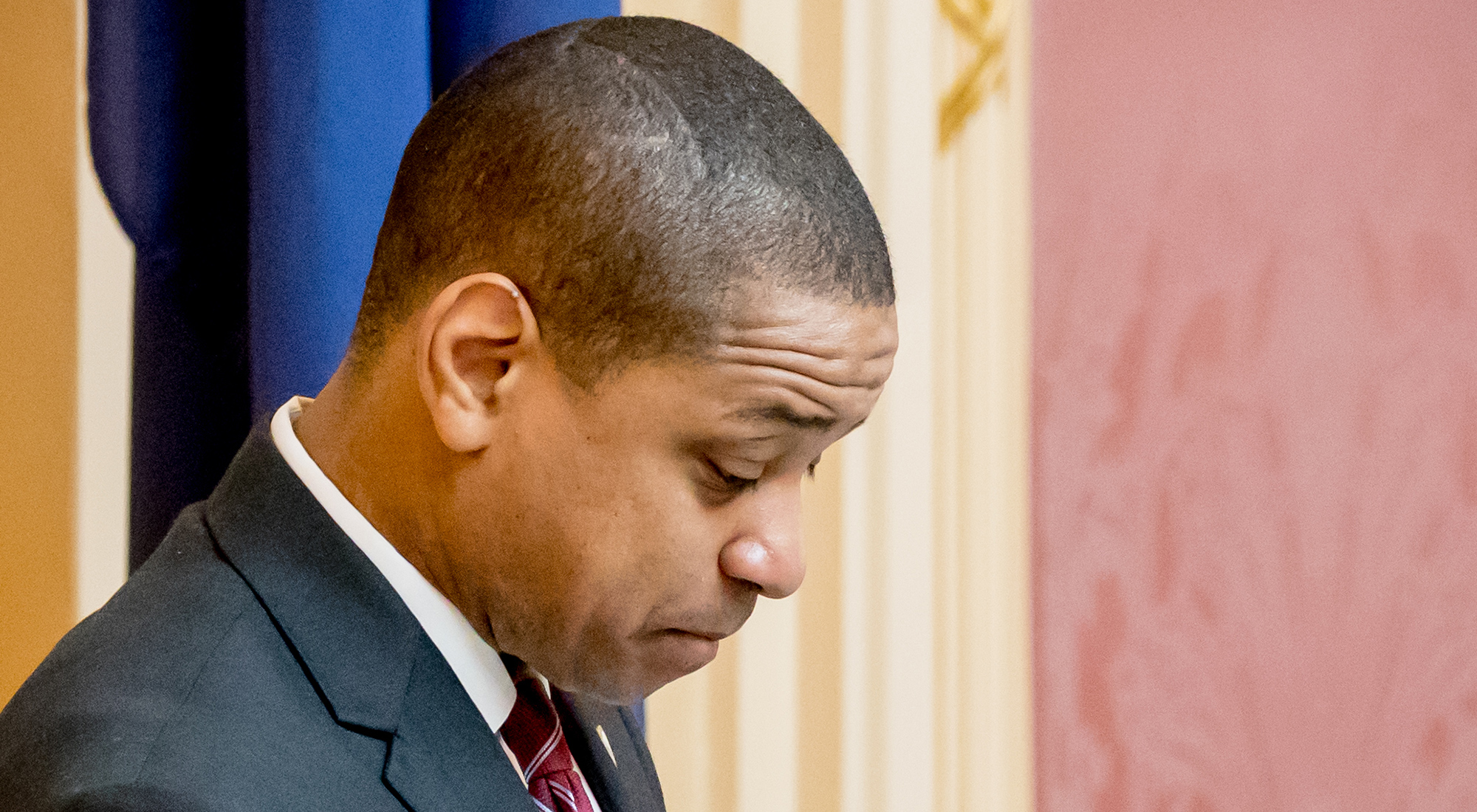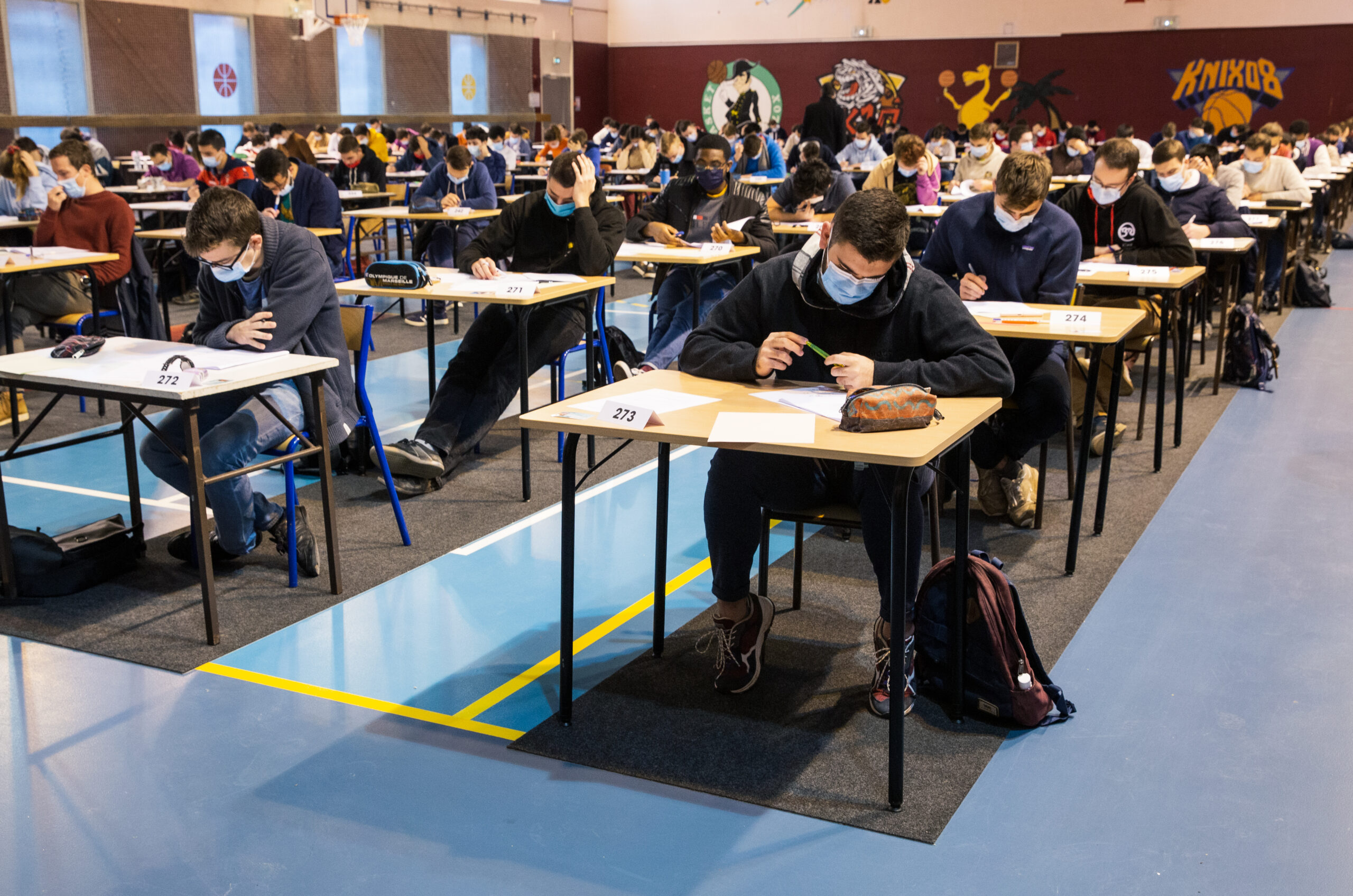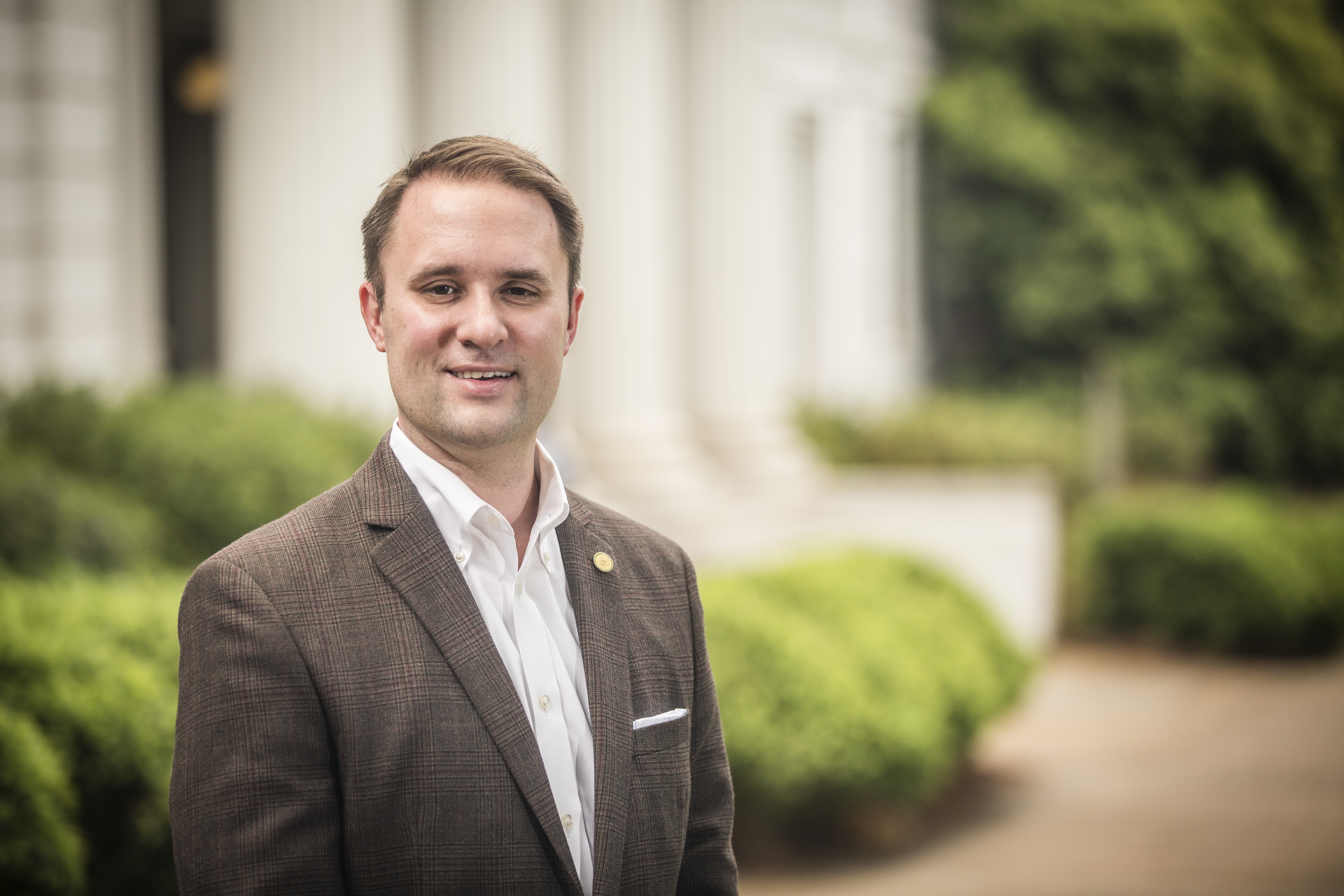Many know the annoyance of spam phone calls, especially those that mask their origins through using one’s own area code. The practice used by telemarketers, criminal spammers, or companies that develop robocalls, known as “spoofing,” has come under great scrutiny and is now being considered by lawmakers in the Virginia General Assembly.
H.B. 2564, introduced by Delegate Todd Pillion (R-Abingdon) and co-patroned by Delegate Israel D. O’Quinn (R-Bristol), would add the practice of spoofing to the Virginia Telephone Privacy Protection Act (VTPPA), tacked with a $500 fine per offense.
The bill places punishments on “any person, with the intent to defraud, harass, cause harm, or wrongfully obtain anything of value, from making, placing, or initiating a call or text message or engaging in conduct that results in the display of misleading, false, or inaccurate caller identification information on the receiving party’s telephone.”
Prohibited conduct is dictated as anyone who “circumvent[s] caller identification technology that is designed to allow the receiving party to identify the telephone number, location, or organization from which the call or text message originates” and those who “misrepresent the origin and nature of the call or text message.”
Callers displaying a Virginia area code would also be prohibited from doing so unless the person or company “maintains a physical presence in the Commonwealth.”
The legislation is scheduled for a hearing Thursday afternoon in the House Commerce and Labor Committee.
Delegate Emily Brewer (R-Suffolk) has also patroned H.B. 2170, which would make spoofing a Class 3 misdemeanor, punishable by a fine of up to $500.
The bill also raises the penalty to a Class 2 misdemeanor for a second or subsequent conviction.
“We all receive these annoying phone calls, sometimes multiple times each day. What some people may not realize is these are scam calls, fishing [phishing] for private information. Virginians are being tricked into draining their retirement accounts for thousands of dollars to avoid being thrown in jail by the fake sheriff or IRS agent on the other end of the call,” Delegate Brewer said in a report from WTVR.
“This legislation isn’t the end fix, but it is the first step. The General Assembly has a responsibility to provide localities the ability to prosecute these serious crimes,” she added.
That bill has been scheduled for a hearing in the Court of Justice subcommittee.





